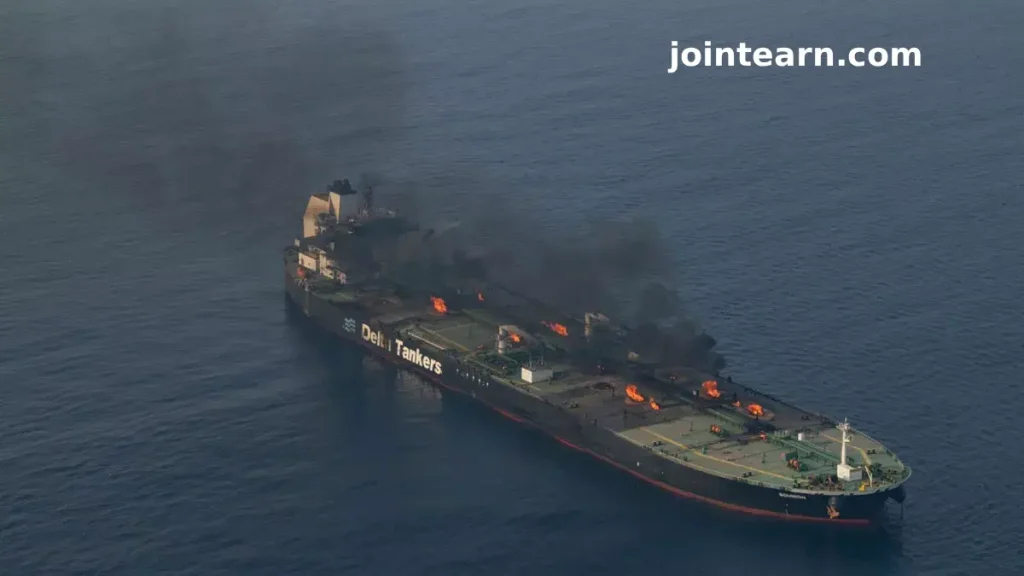
Dubai, UAE – November 11, 2025 – Yemen’s Houthi rebels have indicated that they have paused attacks against Israel and commercial shipping in the Red Sea as a fragile ceasefire holds in the Gaza Strip. This marks the first clear signal that the group is temporarily suspending its regional campaign after months of targeting Israeli-affiliated vessels.
Houthis Announce Conditional Pause
In an undated letter to Hamas’ Qassam Brigades, published online, the Houthis made their stance clear. Maj. Gen. Yusuf Hassan al-Madani, the Houthi military chief of staff, wrote:
“We are closely monitoring developments and declare that if the enemy resumes its aggression against Gaza, we will return to our military operations deep inside the Zionist entity, and we will reinstate the ban on Israeli navigation in the Red and Arabian Seas.”
The group has not formally confirmed a complete cessation of operations, leaving room for potential resumption if tensions escalate.
Impact on Israel and Regional Shipping
The Houthis gained international attention for attacking shipping in the Red Sea and targeting Israel directly during the Israel-Hamas conflict. Since the Gaza ceasefire on October 10, 2025, no attacks have been claimed by the group.
While the Houthis claimed to target Israeli-affiliated vessels, many attacked ships had limited connections to the Israel-Hamas war. The campaign has resulted in at least nine mariner deaths and four sunken ships, significantly disrupting international shipping routes, including the Suez Canal, a vital link connecting the Red Sea to the Mediterranean.
- The Suez Canal generates substantial revenue for Egypt, with $10 billion in 2023, and the International Monetary Fund reported that Houthi attacks reduced foreign exchange inflows by $6 billion in 2024.
- Many shipping companies rerouted vessels around Africa via the Cape of Good Hope to avoid the Red Sea and Gulf of Aden, increasing transit times and costs.
Military Response and Regional Tensions
Israel’s military has carried out targeted strikes against Houthi positions, killing senior leaders, though officials declined to comment on the recent lull. In September, Israeli Defense Minister Israel Katz threatened to retaliate “sevenfold” for attacks on Israel, following a drone strike on Eilat that wounded 22 people.
The United States also targeted the Houthis with airstrikes earlier this year. Former President Donald Trump paused the campaign before a Middle East visit, while the Biden administration used B-2 bombers to strike Houthi bunkers, highlighting the international involvement in the conflict.
Broader Houthi Activities
The Houthis have also posed a threat to Saudi Arabia and detained dozens of aid workers from U.N. agencies and international organizations, alleging, without evidence, that they were spies. These claims have been strongly denied by the U.N. and humanitarian groups.
Despite the temporary pause, the Houthis’ conditional threat underscores the fragility of the Red Sea shipping corridor and the continued volatility of the Yemen-Israel-Hamas regional dynamic.


Leave a Reply